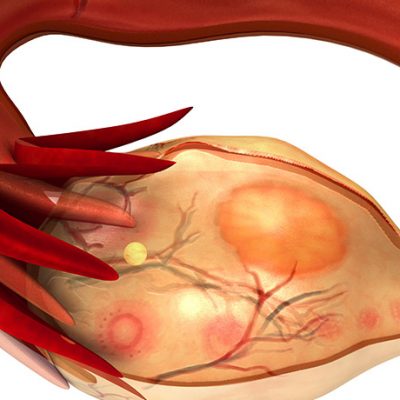
A Study of Weight Stigma Experienced by Mature Patients with Obesity in Disadvantaged Areas of Australia
There is a growing recognition of the impact stigma has on the health seeking behaviors and self-efficacy of obese patients.This study,set out to identify predictors of perceived weight stigma among patients attending general practices in socioeconomically disadvantaged urban areas of Australia. The predictors selected were socioeconomic factors (age, sex, language spoken at home, education level, and occupation), obesity category and healthy literacy.
To measure stigma, they used two items from the The Impact of Weight on Quality-of-Life-Lite Measurethat focussed on direct experiences of stigma, such as being ridiculed or teased. From it’s sample size of 120, this study found that one-third of the sample had experienced direct forms of weight discrimination in the week prior to being interviewed. The strongest predictors of stigma were higher obesity category, coming from a home where english is not the first language, being unemployed, and scoring low on the health literacy questionnaire on questions relating to ability to engage healthcare providers.
Interestingly, this study found no significant correlation between age, sex or race, which have been well documented as predictors of stigma in the USA. This study highlights the importance of tackling stigma in the healthcare setting, as well as the need for equipping these patients with coping mechanisms. In patients that are already at a disadvantage with regards to receiving healthcare, it is imperative that programmes are implemented to tackle stigma, as it can compound the disadvantaged position of these individuals, and further act as a barrier to them seeking medical help.




